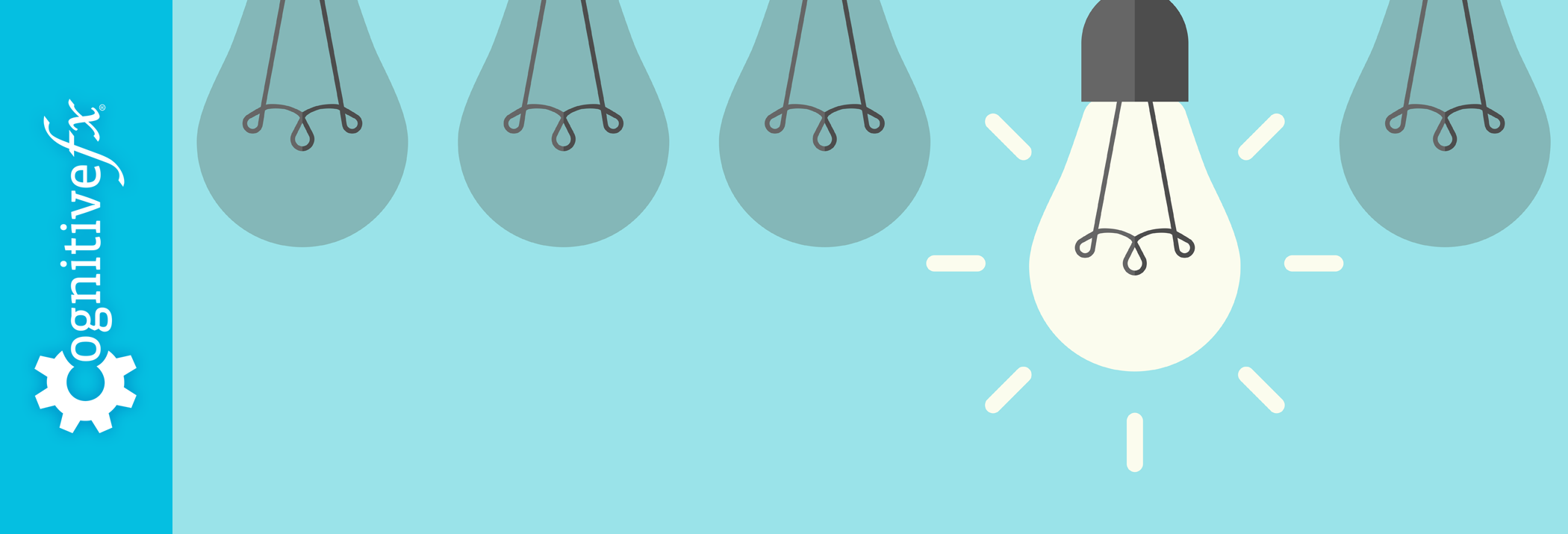Bargaining After a Brain Injury
Many believe the five stages of grief last weeks or months, but according to Elisabeth Kübler-Ross and David Kessler, the stages of grief are responses to feelings that can last for minutes or hours...

Grief and loss are a part of life, but they are the least talked about part of life. Have you ever wondered why that is? It is because grief is HARD. Going through it is difficult. We seem to feel if we avoid talking about it, we will avoid feeling grief entirely. Wrong.
Maybe you have heard of the Stages of Grief, and maybe you haven’t. Either way, you are experiencing grief, due to a recent brain injury, concussion, TBI, or trauma. Learning about the stages of grief gives validation and understanding. But, know that there is no wrong way to grieve. There is only your way. Grief is unique.
You may experience all of the stages, or you may not. In what order, for what length of time, or how severe it will be is unpredictable. Stages may last minutes, or months. Not knowing is the irritating part!
Elisabeth Kübler-Ross and David Kessler developed the Five Stages of Grief as a framework to deal with death, dying, and loss of a loved one. More information can be found at grief.com. I believe these stages apply to all loss, including brain injury.
If you find yourself in a stage you find unmanageable, remind yourself this too shall pass.
This stage often feels like a bad dream; a nightmare you are anxious to wake up from. You are in shock. You may feel numb or overhwlemed. Nothing makes sense. Everything seems pointless. There are so many questions and very few answers.
Denial helps you cope, in a way, by only allowing you to deal with what you can handle at this time. Even if you feel you cannot handle things, or life, you will get stronger. As you get stronger, you’ll be able to deal with additional feelings and life again. But, denial can be a screen used to protect you for now.
This stage can be repeated, even after some time has passed and you think you’ve gotten through the denial stage.
Anger is the emotion we are the most familiar with managing, or suppressing, in our day-to-day lives. This anger must be felt. It can be more intense than you are used to. It may feel never ending. You could feel alone, misunderstood, and abandoned. Life may seem out of control and chaotic, but having someone to be angry at gives you something to hold onto. Anger gives you something to focus on.
Anger protects you from feelings you are not ready to feel yet. It shields you from the pain. It empowers you and helps you feel capable again. You may feel anger toward your family, friends, police, doctors, yourself, or God. It doesn’t have to make logical sense. It just is.
Bargaining can come in many forms. You are willing to do anything to get life back to the way it was before the brain injury, to prevent the accident, or to not feel the pain since the TBI. You may try to negotiate with God, a higher power, or anyone else, and you make endless promises to do better, or be better.
This stage also includes the endless “What if…” and “If only…” statements. The “if only” statements cause you to find things you think you could have done differently. You may flip between the past and your life now. Guilt is frequently paired with bargaining. Guilt can also be an empowering force against grief. If you feel angry at yourself, the world does not feel as chaotic. Again, this does not necessarily make logical sense, but it is part of the process.
As you become more aware of your current life circumstances, you may begin to feel depressed. Depression from grief is not a sign of mental illness. Depression is a deep feeling of emptiness and sadness. It is a healthy and appropriate response to loss or trauma, including a brain injury.
You have lost a part of yourself and you will likely experience depression. You may withdraw from activities, life may feel pointless, you might struggle to go on. This stage sucks, let’s be honest. We hate it and we want a quick fix. Try not to rush yourself through this stage, or any stage. Let grief take the lead.
Acceptance does not mean that everything is “OK” or “all right.” This stage is accepting the physical changes and recognizing that this is your new reality. At first, you will resist it and try to go on living just like you did prior to your brain injury. But, as you experience short glimpses of acceptance, you will realize you cannot continue to live exactly the same way you did before.
You may not love this new reality, but eventually you accept it. It is your new norm and you learn to live with it. This is where you re-adjust and adapt. Finding acceptance sometimes means you have more good days than bad days. Ultimately, you will begin to live again, truly live.
Each of these five stages are at play throughout the process of grief, and that it is a normal part of life. Know it’s OK to have feelings, even the ones you’re inexperienced with.
Feel free to ask questions regarding the Stages of Grief related to your brain injury in a comment below or contact Cognitive FX for a complimentary consultation to learn more about improving your brain function and becoming the new and improved you.
We are here to help and support you!

Many believe the five stages of grief last weeks or months, but according to Elisabeth Kübler-Ross and David Kessler, the stages of grief are responses to feelings that can last for minutes or hours...

Denial is a stage in the grief process. Many times it just doesn’t feel real. We may believe we’re imagining the pain or trauma we’re currently experiencing. It’s a bad dream, a...
Published peer-reviewed research shows that Cognitive FX treatment leads to meaningful symptom reduction in post-concussion symptoms for 77% of study participants. Cognitive FX is the only PCS clinic with third-party validated treatment outcomes.
READ FULL STUDYPublished peer-reviewed research shows that Cognitive FX treatment leads to meaningful symptom reduction in post-concussion symptoms for 77% of study participants. Cognitive FX is the only PCS clinic with third-party validated treatment outcomes.
READ FULL STUDY